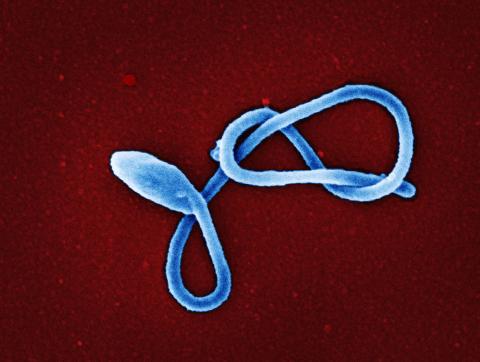
As part of its Antiviral Program for Pandemics (APP), meant to accelerate the discovery, development, and manufacturing of antivirals, the National Institute of Allergy and Infectious Diseases (NIAID) recently awarded more than $12 million to three institutions for new therapies.
These new contracts went to Microbiotix, Inc. of Worcester, Mass; Oregon Health and Science University of Portland, Ore.; and Baruch S. Blumberg Institute of Doylestown, Pa. Microbiotix received more than $2 million in base funding for the optimization of broad-spectrum filovirus inhibitors that target viral glycoprotein. Nearly $4.7 million in base funding also went to Oregon to develop a 2-Pyrimidone (SRI-42718) as an inhibitor of the Chikungunya virus infection and affiliated disease.
However, the largest amount went to the Baruch institute, with nearly $5.5 million in base funding awarded for developing an oral antiviral drug for Yellow Fever.
These three developments will receive support NIAID has already granted to nine other Antiviral Drug Discovery (AViDD) Centers for Pathogens of Pandemic Concern, which conduct research into early-stage identification and validation of novel viral targets and identification/early-stage characterization of antiviral drug candidates. Antivirals refer to specific treatments that fight infections by confronting viruses directly.
In each case, the targeted viruses were deemed to have pandemic potential. Contracts will support the development of antiviral candidates from late-stage preclinical studies through clinical testing and investigational new drug application-related activities.




